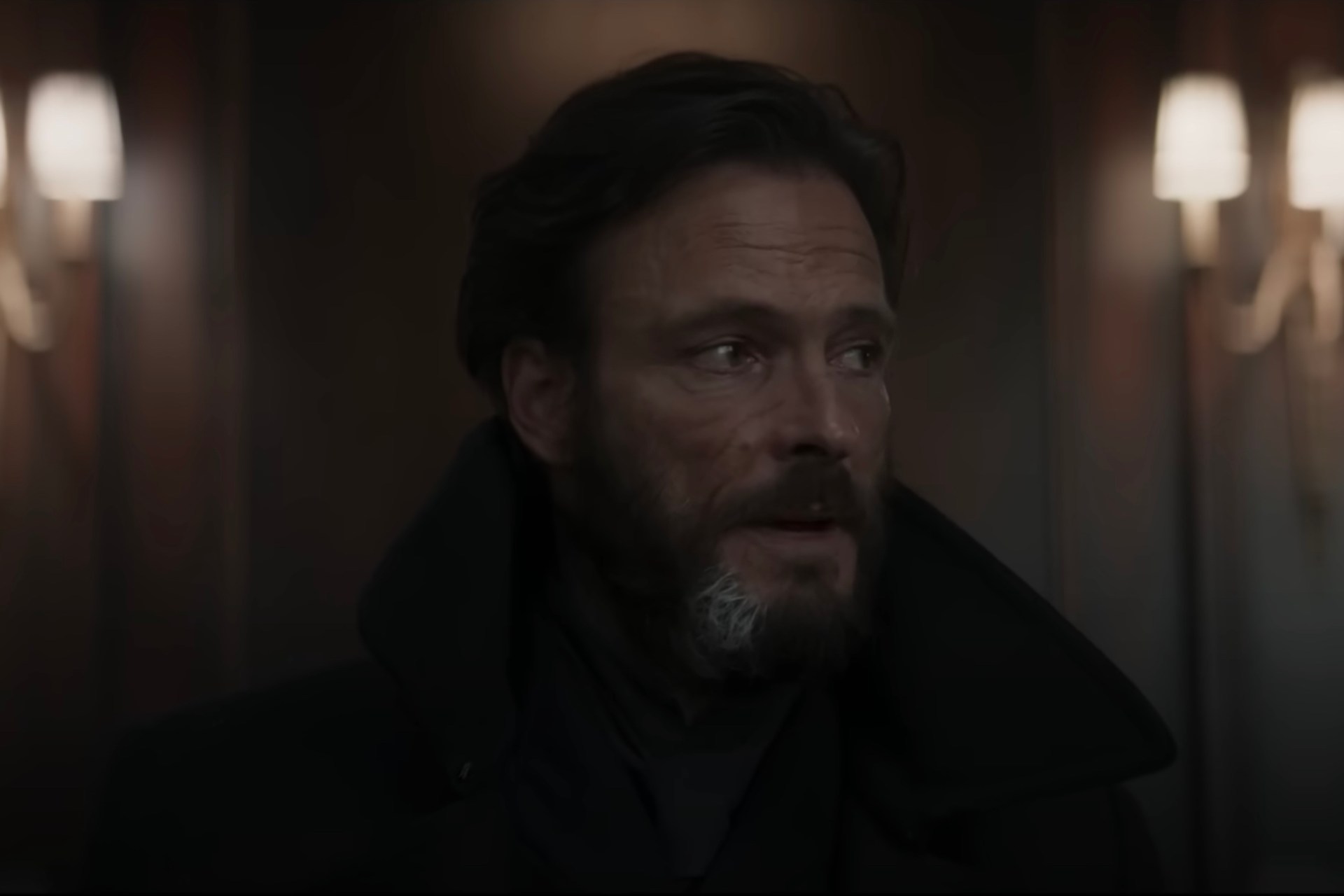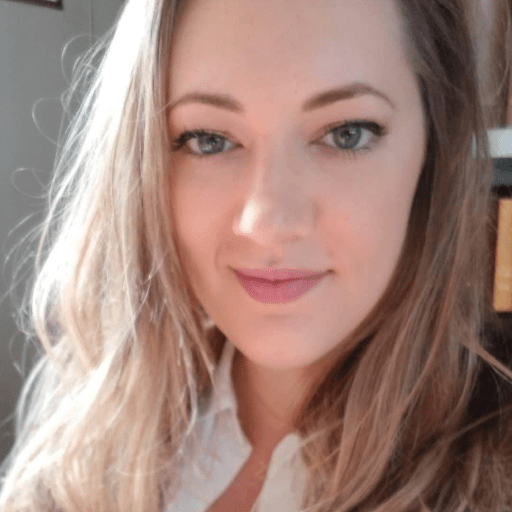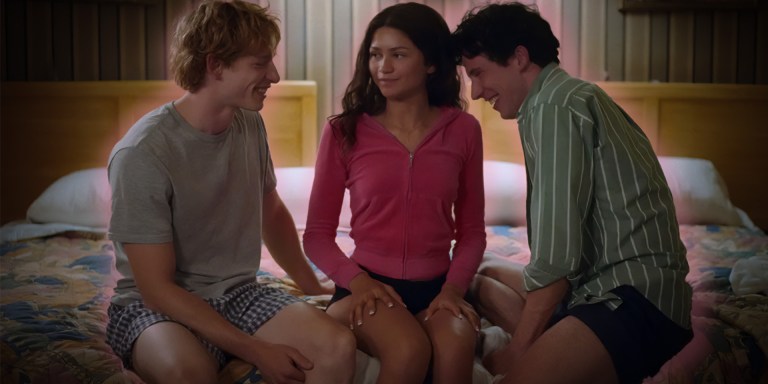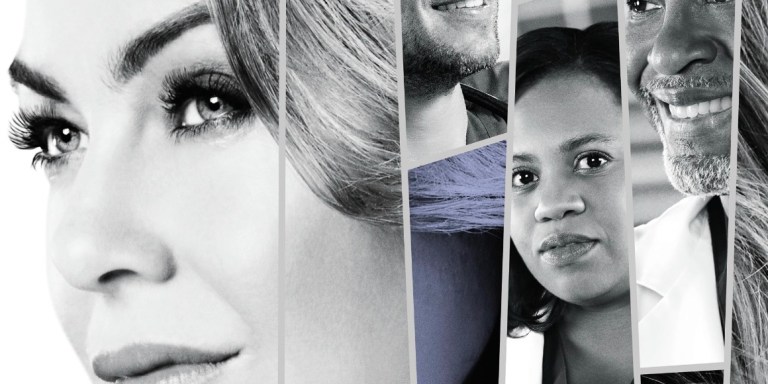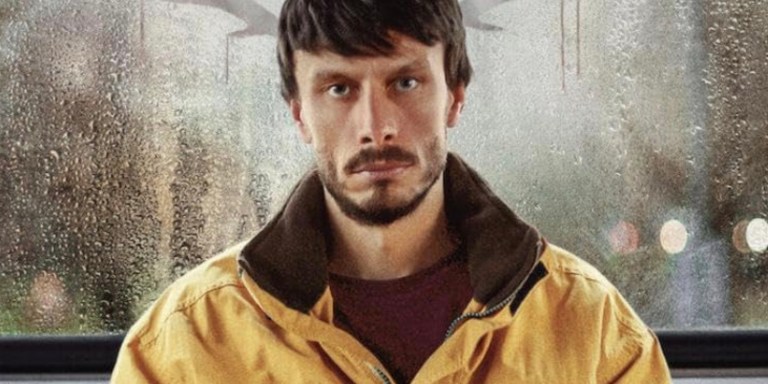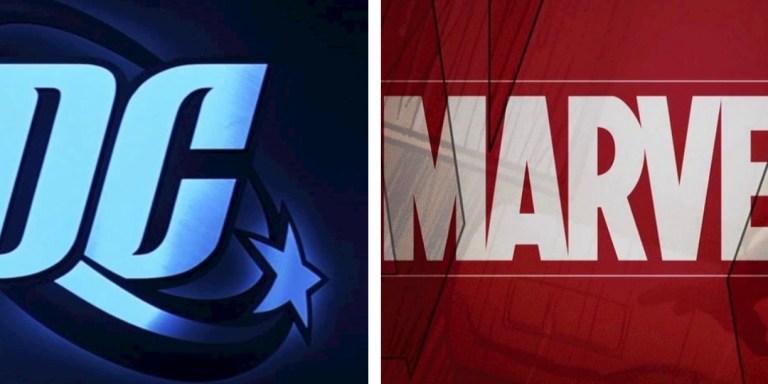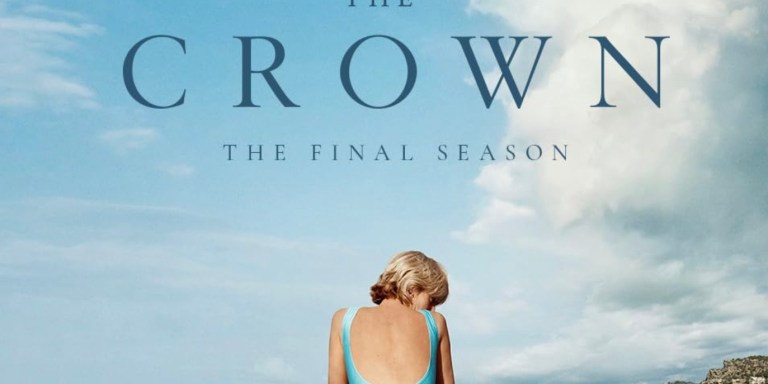Netflix’s 1899 is a peace-offering to an audience formerly known as “disgruntled OA fans”, once dismissed by the streaming giant on the alleged basis of niche taste but who now seem to represent a growing demand for an emerging genre with a business case.
The latest from duo Baran bo Odar and Jantje Friese, co-creators of the German-language series Dark, 1899 could be described as an attempt at data-driven wish-fulfillment based on the viewing habits of those who are looking for limited series with even more limited explanations.
It’s a genre that borrows from science fiction and mystery without fitting snugly into either; less of a high-tech whodunit and more of an existential “What is happening?” and “Why are we here?”
Key plot structures or premises are not revealed until mid-way to as late as the end of a roughly 10-episode season arc. Reality itself is an unreliable narrator, and its narratives are structured within framing stories or nesting dolls—imagine a camera slowly zooming out on a set of intersecting lines that eventually resolve into the image of a maze, only to zoom out further, revealing the maze is merely a puzzle piece in a larger, more complex structure.
Combining the “dream within a dream” suspension of disbelief of Inception with the Turing tests of Westworld or The Matrix and the conspiracy theory lore of Lost, the risk of these series, for viewers and creators alike, is a cliffhanger cancellation or a rushed finale that never delivers answers to central questions.
It’s a hefty ask for writers and producers to avoid the pitfalls of predecessors and supply a script with the emotional payload of an escape room for television, perfectly paced for viewers to arrive at the coveted solution just in the nick of time.
For bo Odar and Friese, Dark seems to be the blueprint for success at a time when the meaning of success is undoubtedly evolving for Netflix. As ad-supported subscriptions increase, the merit of a series will no longer lie solely in its ability to draw in new subscribers during a weekend or month of “must-see” buzz but its shelf-life over time and potential for repeat viewings.
Where The OA found and continues to find (according to Reddit) a die-hard following after being cut short two seasons into a planned five season series was in its attention to detail. Despite a theory whose loyalty borders on religious fervor, claiming the cancellation was a meta publicity stunt, the amount of time that has passed makes it ever more unlikely that TV execs will bring the series back from the dead the same way Game of Thrones resurrected Jon Snow.
But this knowledge doesn’t deter viewers from combing through every episode and, at times, the creator’s social media accounts, looking for answers. The open-ended mystery has taken on a life of its own, akin to Byron Preiss’ 1982 treasure hunt The Secret or the CIA’s ‘Kryptos’ cipher; the allure of a puzzle is increased as its likelihood of ever being solved decreases.
Netflix, however, seems to have learned from the backlash of The OA’s cancellation, including the hunger strikes and viewers-funded billboards that went with it. Dark in many ways seemed to be the heir to The OA and was renewed each season until it delivered a powerful ending to its time-traveling, oedipal odyssey, proving that the solution of these puzzles can be as satisfactory as the expectations we have for them.
1899 seems then, in turn, a promise to produce more of the same. A commitment to molding this evolving genre, which we might call metaphysical fiction, without pulling the rug out from under loyal viewers. It feeds a demand for sophisticated writing from a global audience that is becoming more comfortable with subtitles following record breakers like Squid Games (1899 touts an international cast and dialogue in English, German, Danish, Spanish, French, Portuguese, Polish, and Cantonese). Throw in some period costumes to tempt the Bridgerton crowd and it has all the makings of a hit on paper. Time and viewership data will ultimately tell.
The crowning glory of metaphysical fiction is its ability to transcend the very structures that draw its audiences in. When the symbols are explained and the camera has revealed its true subjects, the stories hold an even deeper meaning. The OA spoke of survival through community in the face of trauma and evil, Dark’s resolution came in the form of self-sacrifice for the survival of family and friends, and 1899, which promises even larger reveals if renewed, seems to center on the human need for connection as our most basic instinct and it’s strength to overcome man-made societal barriers as well as the isolation felt as the result of a reality we can never fully comprehend.
However paradoxical it may be that Netflix claims these programs within a repertoire that also includes Love Is Blind, it is promising, for those viewers looking for art in television, that their $15.49 a month, or $6.99 plus ad viewing time, may now get them just that.
